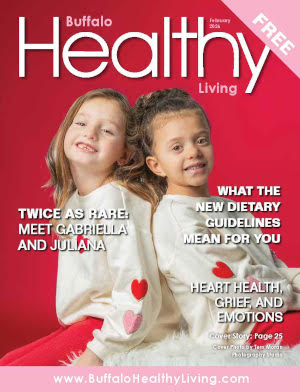Protecting Elders from Heat Stroke

Courtesy of Centers Healthcare
As the summer months bring warmer weather and longer days, it’s the perfect time to enjoy outdoor activities and soak up the sunshine. For older adults, summer heat increases the risk of heat stroke due to reduced temperature regulation, chronic conditions, medication side effects, and limited mobility.
The following may indicate heat stroke in an older adult:
- Hot, dry skin (typically without sweating)
- Rapid or shallow breathing
- Fast or weak pulse
- Confusion, agitation, or disorientation
- Nausea or vomiting
- Headache
- Loss of consciousness or fainting
Tips to prevent heat stroke in older adults:
- Stay hydrated
- Avoid peak heat hours outdoors
- Use air conditioning or fans
- Limit physical activity
- Check in regularly
- Monitor medications
If you suspect someone is experiencing heat stroke, don’t wait for symptoms to worsen. Take immediate action by calling 911, moving to a cooler place, take steps to cool the body, and offer fluids.
During August, it is important to be aware of the risks of heat-related illnesses such as heat stroke among older adults. Encouraging hydration and implementing appropriate preventive steps can reduce the likelihood of these conditions and contribute to a safer summer for older individuals in our community, including those we love.









